Product Detail
Product NameHsp60 Rabbit mAb
Clone No.ST48-04
Host SpeciesRecombinant Rabbit
Clonality Monoclonal
PurificationProA affinity purified
ApplicationsWB, IHC
Species ReactivityHu, Ms, Rt
Immunogen Descrecombinant protein
ConjugateUnconjugated
Other Names60 kDa chaperonin antibody 60 kDa heat shock protein, mitochondrial antibody CH60_HUMAN antibody Chaperonin 60 antibody Chaperonin, 60-KD antibody CPN60 antibody fa04a05 antibody GROEL antibody heat shock 60kDa protein 1 (chaperonin) antibody Heat shock protein 1 (chaperonin) antibody Heat shock protein 60 antibody Heat shock protein 65 antibody heat shock protein family D (Hsp60) member 1 antibody HLD4 antibody Hsp 60 antibody HSP 65 antibody HSP-60 antibody HSP60 antibody HSP65 antibody HSPD1 antibody HuCHA60 antibody Mitochondrial matrix protein P1 antibody P60 lymphocyte protein antibody short heat shock protein 60 Hsp60s1 antibody SPG13 antibody
Accession NoSwiss-Prot#:P10809
Uniprot
P10809
Gene ID
3329;
Calculated MW60 kDa
Formulation1*TBS (pH7.4), 1%BSA, 40%Glycerol. Preservative: 0.05% Sodium Azide.
StorageStore at -20˚C
Application Details
WB: 1:1,000-5,000
IHC: 1:50-1:200
Western blot analysis of Hsp60 on different lysates using anti-Hsp60 antibody at 1/1,000 dilution. Positive control: Lane 1: Hela Lane 2: MCF-7 Lane 3: PANC-1 Lane 4: SW480
Immunohistochemical analysis of paraffin-embedded human lung cancer tissue using anti-Hsp60 antibody. Counter stained with hematoxylin.
Immunohistochemical analysis of paraffin-embedded human kidney tissue using anti-Hsp60 antibody. Counter stained with hematoxylin.
Immunohistochemical analysis of paraffin-embedded mouse skin tissue using anti-Hsp60 antibody. Counter stained with hematoxylin.
Immunohistochemical analysis of paraffin-embedded mouse heart tissue using anti-Hsp60 antibody. Counter stained with hematoxylin.
The heat shock proteins (HSPs) comprise a group of highly conserved, abundantly expressed proteins with diverse functions, including the assembly and sequestering of multiprotein complexes, transportation of nascent poly-peptide chains across cellular membranes, and the regulation of protein folding. HSPs (also known as molecular chaperones) fall into six general families: HSP 90, HSP 70, HSP 60, the low molecular weight HSPs, the immunophilins, and the HSP 110 family. The constitutively expressed mitochondrial protein HSP 60 shares the ability to recognize and stabilize proteins during folding, assembly and disassembly with other HSP family members. The mitochondrial and cytosolic localization of HSP 60, combined with its binding and catalysis of folding of newly synthesized proteins destined for the mitochondrial matrix, classify this protein as a molecular chaperone. An additional role of HSP 60 is to act as a cell surface marker for T cell recognition.
If you have published an article using product 48882, please notify us so that we can cite your literature.


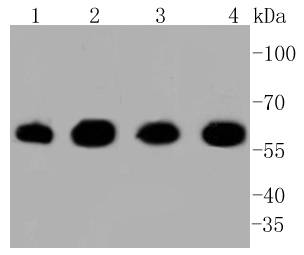
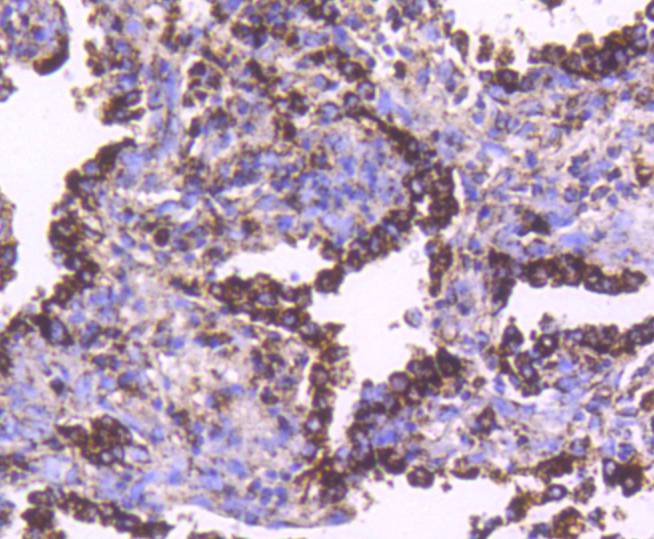
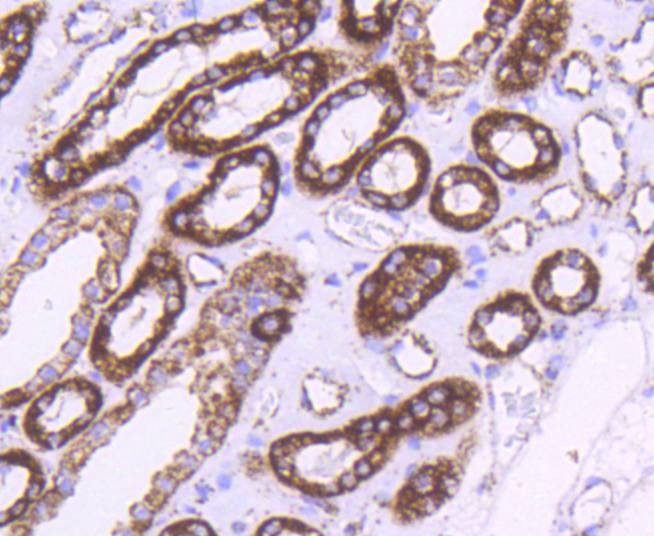
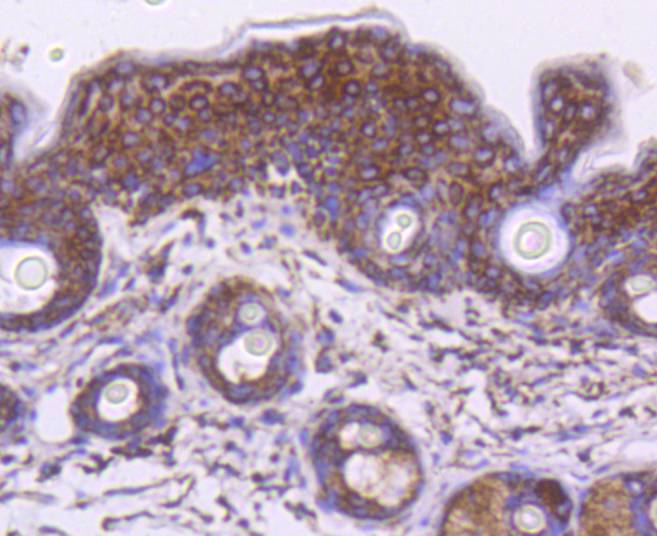
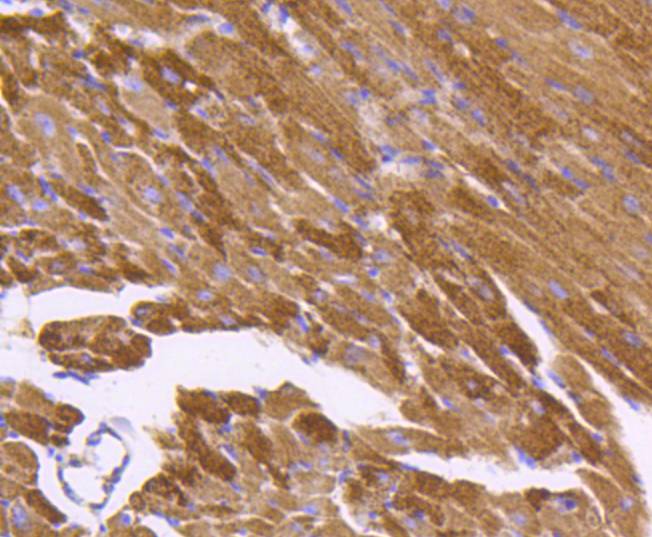
 Yes
Yes



